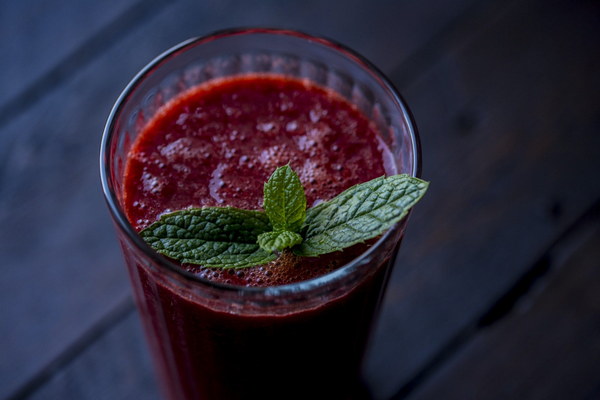Is Durian Good for Stomach Health Debunking the Myths and Facts
Introduction:
Durian, often hailed as the King of Fruits, has been a topic of much debate and controversy. While some swear by its unique flavor and potential health benefits, others are wary of its effects on the stomach. This article delves into the question: Is durian good for stomach health? We will explore the myths and facts surrounding this contentious fruit.

Myth 1: Durian is Too Spicy for the Stomach
One common myth is that durian is too spicy for the stomach, which can cause discomfort and digestive issues. However, the spiciness of durian comes from its aromatic compounds, not the capsaicin found in chili peppers. While durian can be potent in flavor, it does not have the same irritating effect on the stomach lining as spicy foods.
Myth 2: Durian Causes Gas and Bloating
Another myth suggests that durian is a gas-producing fruit that can lead to bloating and discomfort. While it is true that durian contains high levels of fiber, which can be hard on the digestive system for some people, it is not necessarily more problematic than other high-fiber foods. The key is moderation and ensuring that the digestive system is prepared for the high fiber content.
The Truth:
1. Durian is Rich in Nutrients
Durian is packed with essential nutrients, including vitamins C, B, and A, potassium, and fiber. These nutrients can contribute to overall digestive health by supporting the immune system and promoting regular bowel movements.
2. Potassium for Digestive Function
The high potassium content in durian can help regulate fluid balance in the body, which is crucial for proper digestion. Adequate hydration and potassium levels are essential for the smooth functioning of the digestive tract.
3. Fiber Content and Gut Health
The fiber in durian, particularly the soluble fiber, can act as a prebiotic, feeding the good bacteria in the gut. This can help improve gut health and reduce the risk of digestive disorders.
4. Moderate Consumption
As with any food, the key to enjoying durian without stomach issues is to consume it in moderation. Eating durian in excess can overwhelm the digestive system, leading to discomfort. Starting with small portions and gradually increasing the amount can help the body adjust to the fiber and other nutrients.
Conclusion:
In conclusion, durian is not inherently bad for stomach health. It is a nutritious fruit that can contribute positively to digestive health when consumed in moderation. The myths surrounding durian's impact on the stomach are largely unfounded. However, as with any dietary change, it's essential to listen to your body and adjust accordingly. If you experience discomfort after eating durian, it may be best to reduce your intake and consult with a healthcare professional. After all, the King of Fruits can reign supreme in the realm of health, provided it is treated with respect and moderation.









